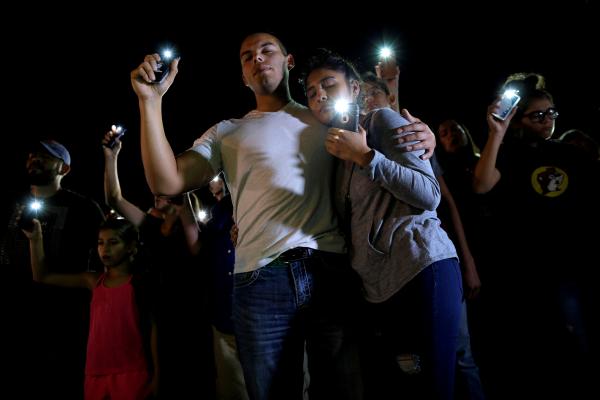Nov 7, 2017
This is the hope of the life that never fades away, the life that extinguishes division and death. It is the life to which love has called us, which we must live out in daily acts of mercy and reconciliation. Rejecting the gun is the least we can do. There is no room in this life for instruments of death.
Read the Full Article

Already a subscriber? Login
